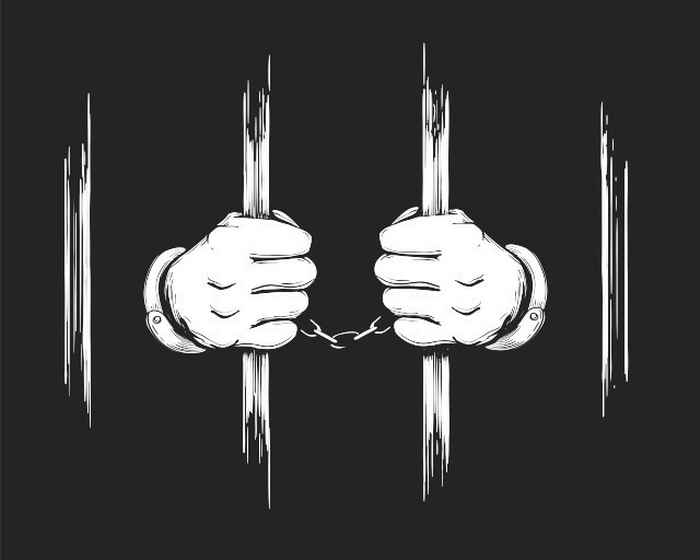‘Imprisonment is more than being behind bars’
Amsterdam Law School
23 May 2023

A prison sentence is often seen as the most severe punishment, while Noorda says this is not always the case. She argues for a broader definition of imprisonment that looks primarily at the impact of a punishment. ‘Something like wearing an ankle bracelet would be much less drastic, because then you can still participate in society. But you can't draw that line so firmly.’
In your opinion, what is imprisonment?
‘Liberty can be limited in different ways and to different degrees. I look at the impact of imprisonment: can someone still see their friends and family? Is there freedom of movement and can you still work, for example? Those freedoms can be affected both inside and outside of incarceration. For example, a restraining order can mean that you can no longer see certain people, and taking away your driver's license can result in having to quit your job. Such forms of deprivation of liberty I see as exprisonment; the new term I have coined. Imprisonment takes place not only behind bars, but also on the streets and in the home.’

If it goes too far, you can argue that someone is chained to their desk for a certain period of time
Why is it important to stretch the definition of imprisonment?
‘It's important because then you're talking about a different conceptual and legal framework. If you look at employee monitoring it is seen at most as an invasion of informational privacy, but if you see it as something that also has to do with depriving liberty it has different legal implications. I wrote about this with Jeevan Hariharan (Queen Mary University of London).’
In what sense is employee monitoring a form of imprisonment?
‘Monitoring can restrict people's freedom. It can go quite far. For example, Teleperformance, one of the largest call center companies in the world, uses digital monitoring. Home workers are watched very closely. There are webcams with facial recognition, locations are monitored, activity on your keyboard is tracked, and you are not allowed to go to the bathroom in your own home without asking permission - and if you do, your manager is notified. These kinds of systems can be very restrictive. You can even compare it to a certain kind of imprisonment. If this kind of system goes too far, you can argue that someone is chained to their desk for a certain period of time.’
Where do you think the concept of exprisonment should lead?
‘The concept of exprisonment has now been adopted in philosophical and legal literature, including in the fields of criminal law, labor law and human rights. It shows that imprisonment can take place outside of prison, but also that one can be imprisoned to a certain degree and that there is no categorical difference between imprisonment and other measures. My first goal is to encourage thinking about imprisonment. We need to look closely at liberty deprivation that takes place on the streets and in the home, especially with the new technology. In the Netherlands, for example, especially since the pandemic, webcams are widely used to monitor home-based workers. The argument is: surely you have nothing to hide? But that doesn't hold water if you see it as a form of imprisonment in addition to a risk for the employee’s control over information and data.’